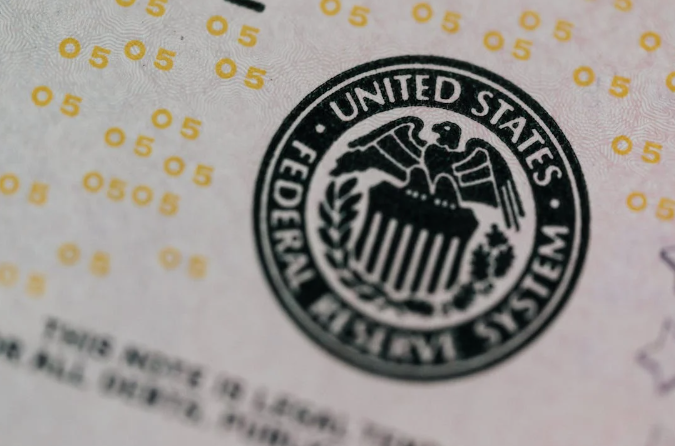Negotiations at a Critical Impasse
As the deadline to raise the debt ceiling approaches, the negotiation dynamics between President Joe Biden and House Speaker Kevin McCarthy have reached a critical impasse. The looming threat of federal default has sparked widespread concerns about a possible economic meltdown. With both sides refusing to budge on key demands, the situation has evolved into a high-stakes standoff that could impact millions of Americans.
Endless Debate and Stubborn Divides
The White House has firmly asserted that raising the debt ceiling should occur without conditions, pointing out that the limit reflects previously approved Congressional spending. In contrast, House Republicans have insisted that their support for raising the ceiling must be contingent upon significant cuts to federal spending, especially targeting vital social programs such as Medicaid and food assistance. “Raising the debt ceiling is about ensuring the United States pays its bills, not an opportunity to hold the economy hostage,” stated President Biden during a press briefing, emphasizing the gravity of the situation.
Economic Consequences of Default
Economists have raised alarm bells regarding the catastrophic consequences that a federal default would entail. Treasury Secretary Janet Yellen has warned that, without raising the debt ceiling, the government could run out of funds to meet its fiscal obligations as soon as June 1. “A default would likely trigger a recession, send shockwaves through global markets, and undermine confidence in the U.S. dollar,” Yellen asserted during a congressional hearing. Such dire predictions emphasize that the stakes involved are not just limited to domestic consequences but could severely impact the global financial landscape.
Impact on Financial Stability
Financial markets have already shown signs of distress, with the Dow Jones Industrial Average experiencing significant losses over the past week. Moreover, credit rating agencies have hinted at the possibility of a downgrade of the United States’ credit rating should the standoff persist. This scenario could lead to increased borrowing costs for consumers and businesses, exacerbating economic instability.
Deepening Political Divide
The deadlock reflects profound partisan divides regarding fiscal policy. Democrats have accused Republicans of using the debt ceiling as a bargaining chip, while Republicans argue that excessive government spending is the root cause of rising inflation and fiscal imbalance. Leading conservative figures, like Rep. Jim Jordan, have contended that granting a “blank check” is irresponsible. Conversely, progressive Democrats have urged President Biden to explore unilateral options, such as invoking the 14th Amendment, which they believe could enable him to bypass Congress and raise the debt ceiling independently.
Public Sentiment and Vulnerabilities
As negotiations stall, public anxiety is mounting. A recent Pew Research poll indicated that a significant majority, 68% of Americans, support raising the debt ceiling. Many fear the consequences of a default, with small businesses, federal workers, and Social Security beneficiaries being among the most vulnerable. “If they default, it’s people like me who will suffer,” lamented Rachel Cohen, a small business owner. This reflects a broader sentiment among the public that urges lawmakers to act responsibly without being mired in political gamesmanship.
Global Concerns and Future Outlook
International leaders are increasingly voicing concerns about the potential ripple effects of a U.S. default. The International Monetary Fund (IMF) has warned that failing to act could destabilize global markets and hinder economic growth worldwide. IMF Managing Director Kristalina Georgieva emphasized the U.S.’s central role in the global financial landscape, explaining that a default would have dire consequences both at home and abroad.
Conclusion
As negotiations continue, Biden and McCarthy are set to meet again in a last-ditch effort to reach a compromise. Congress is witnessing behind-the-scenes discussions among moderates, who may propose a short-term debt ceiling extension to alleviate immediate pressure. “This is not just a test of leadership but a test of whether our political system can rise to the occasion,” stated Dr. Carl Mitchell, a political analyst. With the stakes so high, the outcome of the upcoming negotiations will be crucial in determining whether the U.S. can prevent an unprecedented economic crisis or whether it will be thrust into a period of uncertainty.
FAQs
What is the debt ceiling?
The debt ceiling is a legislative limit on the amount of national debt that can be incurred by the Treasury. It essentially allows the government to pay bills that have already been approved by Congress.
What happens if the debt ceiling is not raised?
If the debt ceiling is not raised, the U.S. government may default on its obligations, which could lead to severe economic consequences including a potential recession, stock market turmoil, and a reduction in the nation’s credit rating.
Why are the negotiations contentious?
The negotiations are contentious due to deep partisan divides. Republicans are advocating for spending cuts before agreeing to raise the debt ceiling, while Democrats argue that raising the ceiling should not be conditioned on cuts to essential social programs.
Who would be most affected by a default?
Small businesses, federal workers, retirees relying on Social Security, and individuals dependent on government assistance programs would be among those most adversely affected by a government default.
What are the consequences for global markets if the U.S. defaults?
A U.S. default could disrupt global financial markets, undermine confidence in the U.S. dollar, and potentially lead to slower economic growth worldwide, given the United States’ central role in the global economy.

